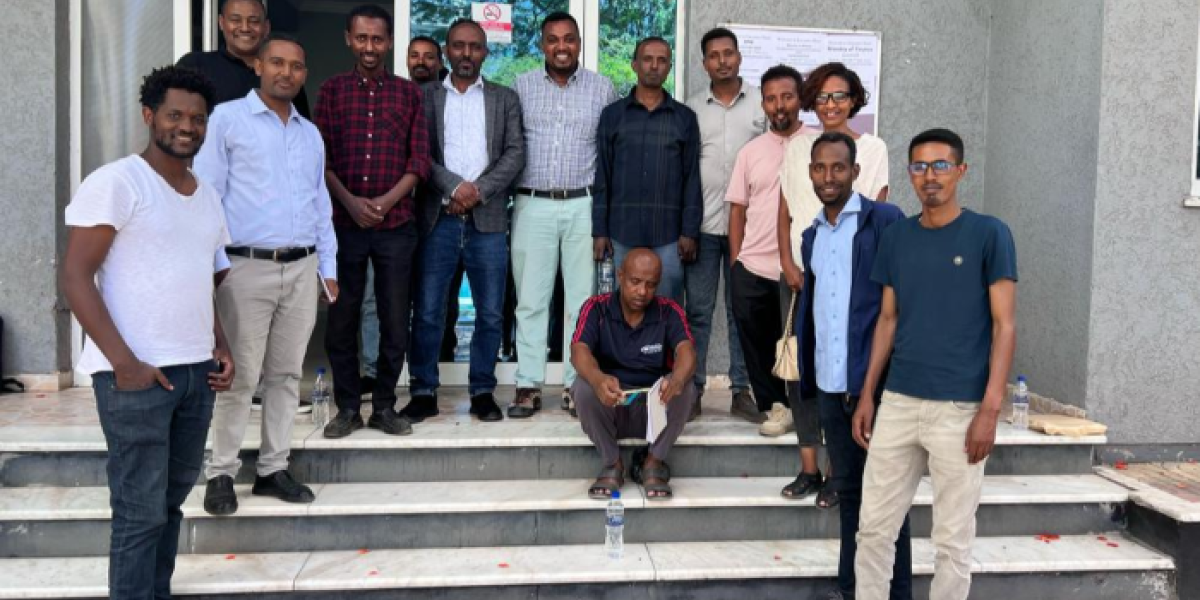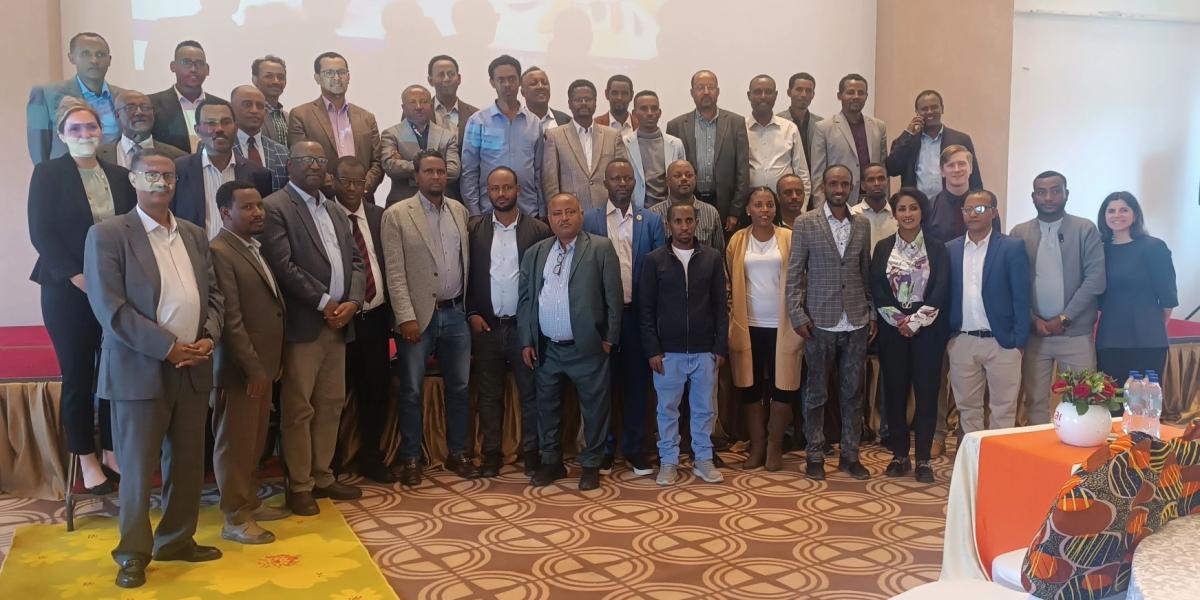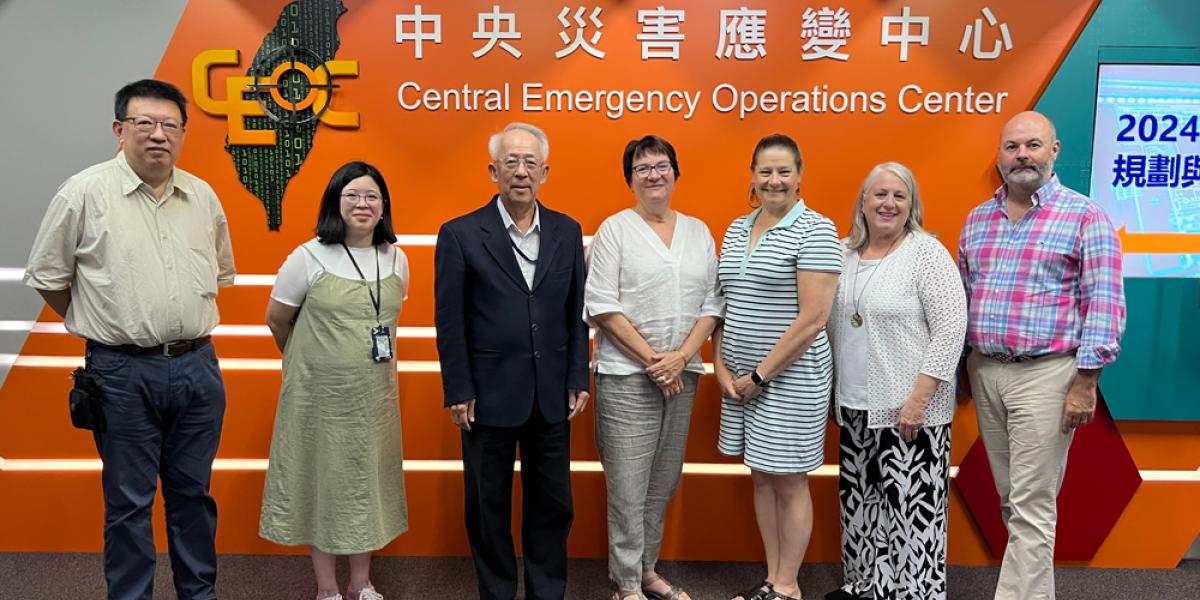Tagged: Global One Health
The Global One Health initiative (GOHi) is assisting the Ethiopian Food and Drug Authority (EFDA) in assessing adverse events following immunization, particularly focusing on the novel Oral Poliovirus Vaccine type 2. A team of 28 health professionals conducted a causality assessment in Bishoftu, Ethiopia, in early April, evaluating 11 adverse events – 10 associated with nOPV2 and one with pneumococcal conjugate vaccine reported from recent vaccination campaigns.
Recognizing Mpox as a global threat, Ethiopia has taken proactive steps to prevent the spread of disease both inside the country and at its borders. Increased surveillance at entry points, enhancing the ability to diagnose Mpox and providing training to healthcare professionals to recognize and manage cases, has kept the disease at bay.
The Ohio State University College of Veterinary Medicine and the University of Gondar College of Veterinary Medicine and Animal Sciences organized the Ethiopian Veterinary Education National Action Plan implementation workshop in Addis Ababa aimed at enhancing the 2020 Nationality Harmonized Veterinary Curriculum.
In the on-going struggle between human beings and organisms like viruses and bacteria that can cause disease, no armament of microorganisms has been more challenging than their capacity to develop a resistance to life-saving drugs. The resistance to multiple antibiotics along with their capacity to spread easily led to a significant global health concern. The pace at which antimicrobial resistance develops often outstrips the introduction of new substances that kill or inhibit the growth of bacteria and other parasites.
The Global One Health initiative (GOHi) and the Ethiopian Public Health Institute (EPHI) have been working with the Tigray Region Health Bureau to strengthen its ability to assess, identify and analyze health risks that could affect area communities. By evaluating levels of vulnerability, identifying patterns and trends, and analyzing data, the results will be incorporated into emergency preparedness and response plans to reduce risks associated with various diseases and potential threats to public health.
Community Animal Health Workers (CAHW) are key members of the global workforce, trained to provide basic animal health services in rural and underserved areas that may be resource thin when it comes to availability of veterinarians and veterinary paraprofessionals. However, the challenge for CAHWs has been insufficient dedicated training, the training and regulation that exists is not harmonized within and between countries, absence of agreed-upon curriculum, coordination between stakeholders, and a lack of common nomenclature leading to inconsistent performance.
Mequanint Mitiku is a distinguished microbiologist with nearly two decades of exceptional service in the field of clinical and public health microbiology. Currently seconded to the Tikur Anbessa Specialized Hospital (TASH) microbiology laboratory, he is at the forefront of a project aimed at combating antimicrobial resistance (AMR). This initiative, implemented by the Global One Health Initiative (GOHi) in collaboration with the U.S.
This story was written by Ella Gomez and originally published in the College of Nursing's Transformations magazine.
Debra Goff, professor of pharmacy practice at the Ohio State College of Pharmacy, has worked collaboratively with South Africa’s thought leaders for the past 15 years to implement antibiotic stewardship programs.
Zerihun S. Kasa is a highly skilled Infection prevention and control specialist with nearly three years of dedicated service at the Global One Health initiative in Ethiopia.



